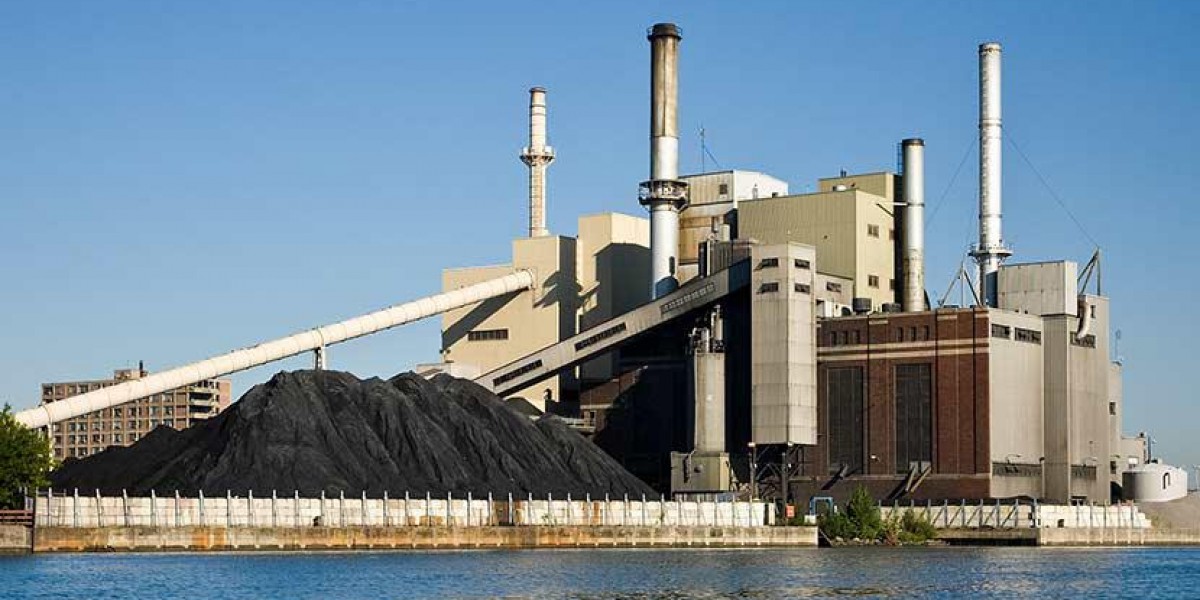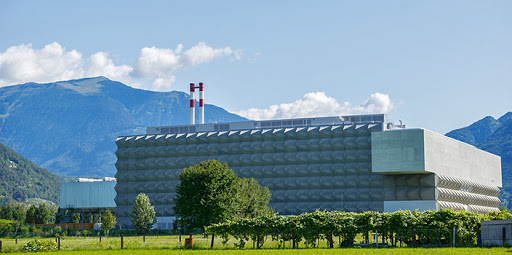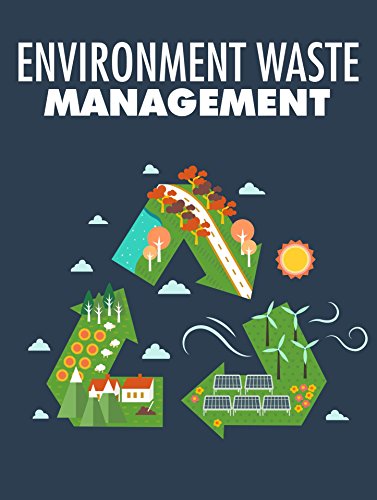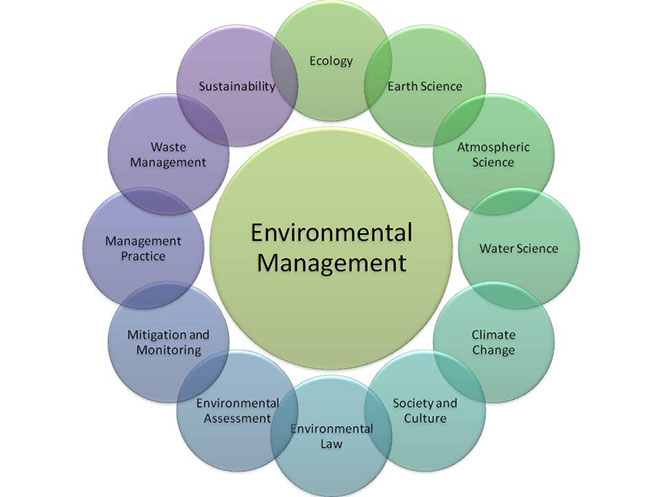

In view of shrinking budgets and the growing concerns of the general public, it is vitally important to economically maintain satisfactory environmental standards for the disposal of wastes. All existing and emerging options for safe waste handling, disposal and diversion must be explored. This requires a thorough understanding of the available and emerging choices, and development of an integrated solution for managing such wastes.
After participating in this seminar, you will be able to:
By the end of this course delegates will be able to:
assist participants in making informed decisions about technological choices in solid and hazardous waste management and to explore alternative funding options, particularly the public private partnership.
Management of solid or hazardous wastes for a municipality, industry or waste management company. Decision makers: municipal administrators and engineers, individuals responsible for operational and regulatory compliance, environmental personnel, landfill and recycling supervisors, public health, social workers, environmental consultants and financiers who want to better understand the industry they represent
Welcome, Introduction, Seminar Preview, Learning Outcomes and the Assessment Method
Overview - What Is Waste?
The Waste Audit
Hazardous Waste Storage, Handling and Disposal
Reduction/Recycling
Refreshments and Networking
Industrial Waste Reduction
Landfill
An Integrated Municipal Waste Management System
Processing of Organics
Incineration
Economic Issues
Transportation - Procedures and Precautions
Waste Handling and Emergency Response
Questions and Answers and Feedback to Participants on Achievement of Learning Outcomes
Concluding Remarks and Final Adjournment
BTS Consultant Certificate will be issued to all attendees completing minimum of 75% of the total tuition hours of the workshop.
| Code | Date | Venue | Fees | Register |
|---|---|---|---|---|
| HSE247-01 | 01-02-2026 | Dubai | USD 5450 | |
| HSE247-02 | 01-06-2026 | Kuala-Lumpur | USD 5950 | |
| HSE247-03 | 06-09-2026 | Cairo | USD 5450 | |
| HSE247-04 | 08-11-2026 | Amman | USD 5450 |

This training course aims to equip participants with a comprehensive understanding of hazardous waste management and its critical importance, alongside environmental pollution control strategies and t ...

Effective management of wastes and environmental risks is critical for the reduction of costs and prevention of harm to humans. In this program, you will learn how to: • Enhance your leadership and m ...

Improving Environmental Performance starts by environmental impact assessment of the organization to include air, industrial and water waste, noise, and the effect of the day to day activities on the ...
Providing services with a high quality that are satisfying the requirements
Appling the specifications and legalizations to ensure the quality of service.
Best utilization of resources for continually improving the business activities.
BTS keen to selects highly technical instructors based on professional field experience
Since BTS was established, it considered a training partner for world class oil & gas institution
1st floor, Incubator Buildingو Masdar City, Abu Dhabi, UAE
Sun to Fri 09:00 AM to 06:00 PM
Contact Us anytime!
Request Info